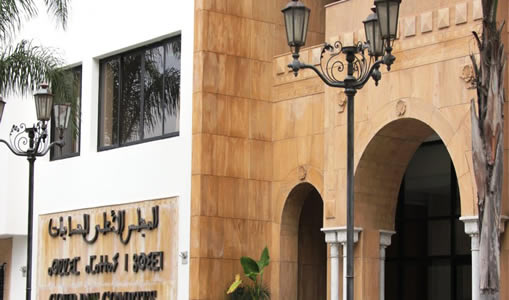Morocco’s financial jurisdictions recovered approximately 139 million dirhams between January 2023 and September 2024, according to Zineb El Adaoui, President of the Court of Auditors. Speaking at a joint plenary session of the House of Representatives and the House of Councillors, El Adaoui presented the Court’s activities over the 2023-2024 period, highlighting progress in financial oversight and judicial measures.
This recovered sum includes 54 million dirhams in claims and dues, 78 million dirhams tied to contract compliance, 28 million dirhams restituted by public accountants, 6.3 million dirhams from late penalties, and 820,000 dirhams related to payments made in error. The Court also emphasized its focus on reinforcing internal control mechanisms to improve public management and prevent financial corruption.
El Adaoui reported that during this period, 297 cases were under review for budgetary and financial discipline, of which 86 resulted in rulings. These judgments imposed fines totaling 5 million dirhams and reimbursements of 9 million dirhams for losses incurred by public entities. The total restitution and fine amounts surpassed 14 million dirhams.
Public institutions accounted for 75% of the cases brought before the Court of Auditors. At the regional level, budgetary and financial discipline cases handled by regional audit councils involved 110 organizations, 93% of which were local municipalities. El Adaoui outlined common violations in public procurement, such as the unjustified failure to seek competitive bids, improper evaluation of offers, unclear definition of needs in tender documents, and inaccurate certification of services delivered, particularly when work was incomplete or below required standards.
On the revenue side, issues included weaknesses in assessing the tax base, failure to apply taxes in cases of non-declaration, insufficient oversight of submitted tax declarations, and gaps in tax collection processes.
From January 2023 to September 2024, public accountants submitted 4,690 accounts to the financial jurisdictions for review. However, 2,258 accounts from 2022 and 2023 remained overdue. The Court urged the concerned accountants to submit these accounts promptly to avoid penalties as outlined in Article 29 of the Financial Jurisdictions Code.
The Court also received 155 accounts submitted by ordonnateurs (administrative officers authorized to manage public funds). Moreover, notifications issued by the Court regarding preliminary rulings and observations prompted public accountants to return over 28 million dirhams to relevant public entities before final rulings were made.
The report highlighted that financial jurisdictions issued judgments leading to debts amounting to 54.8 million dirhams. These rulings granted clearance in 81% of the cases reviewed. However, the report noted that 89% of these debts were due to a lack of diligence by public accountants in revenue collection. The remaining 11% were tied to failures in expenditure validation, including errors in liquidation calculations, non-compliance with payment finality rules, and failure to obtain prior approval for specific expenses.
El Adaoui concluded by stressing the importance of maintaining rigorous financial oversight to safeguard public funds, promote better governance, and uphold accountability across Morocco’s public institutions.





